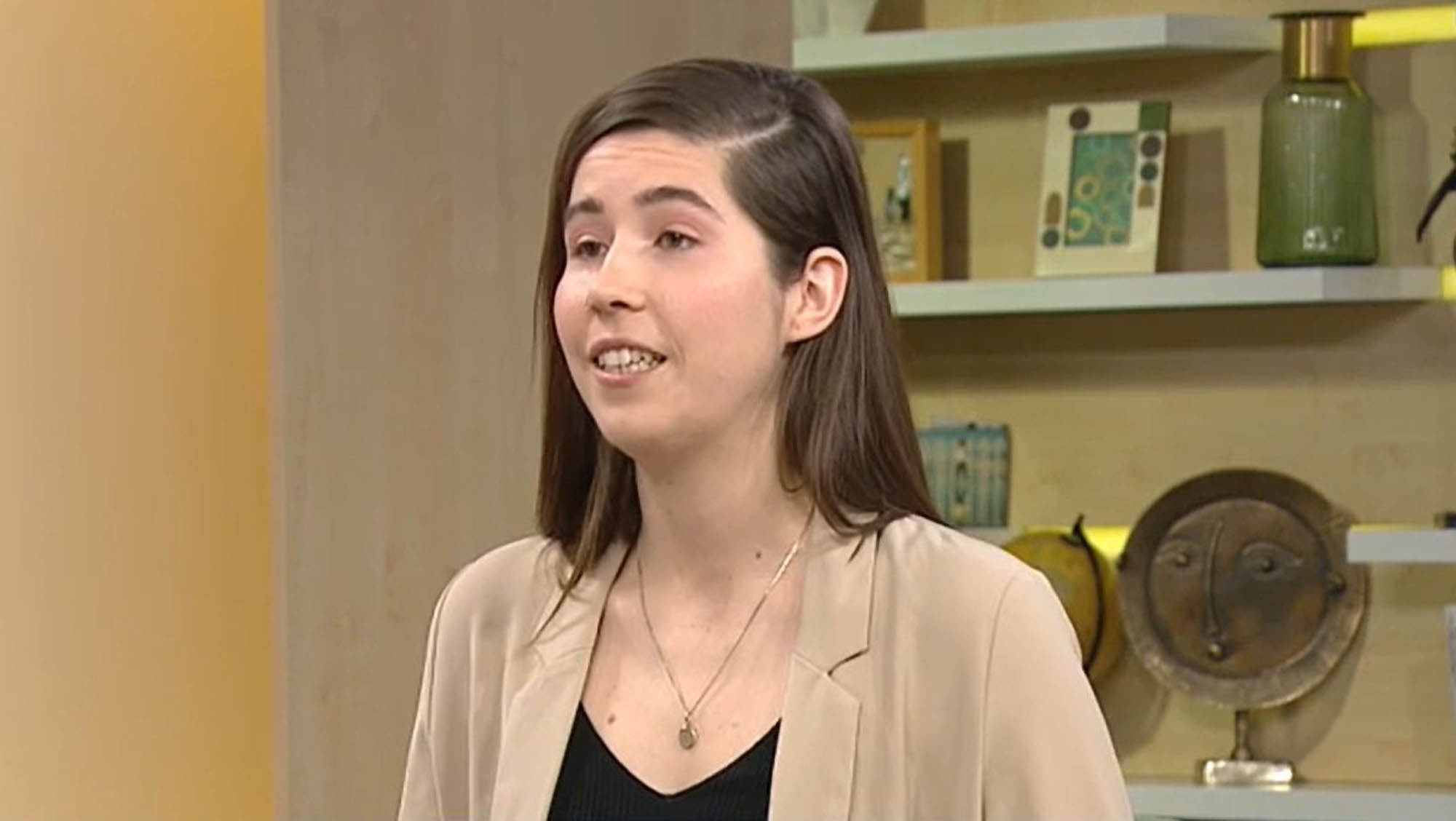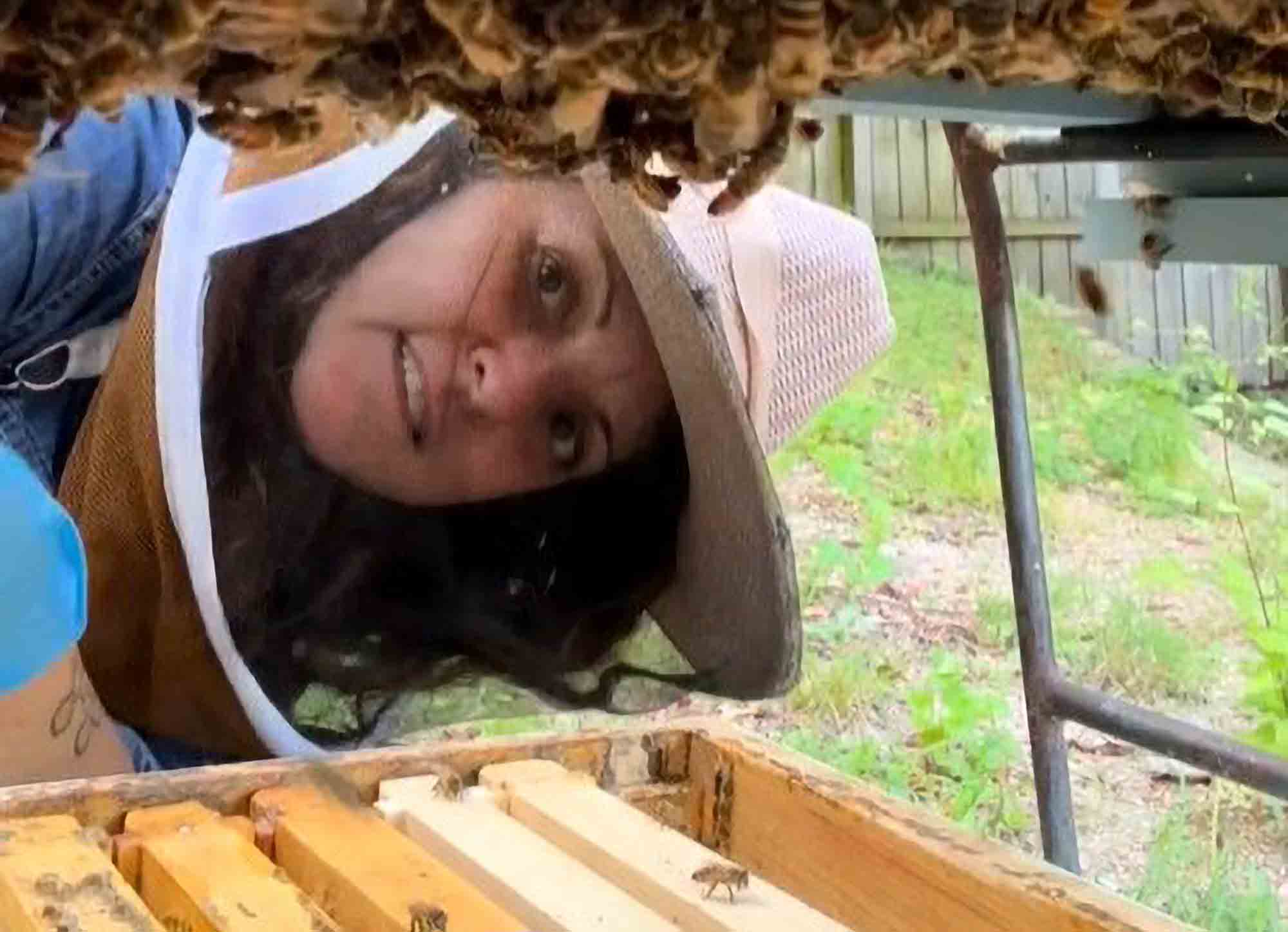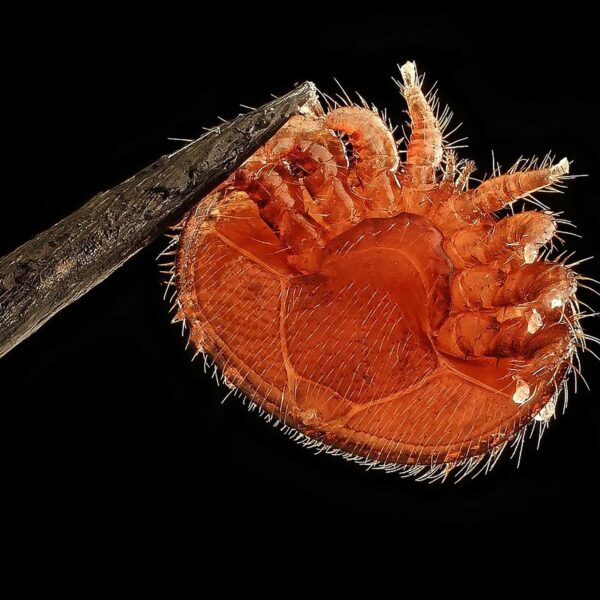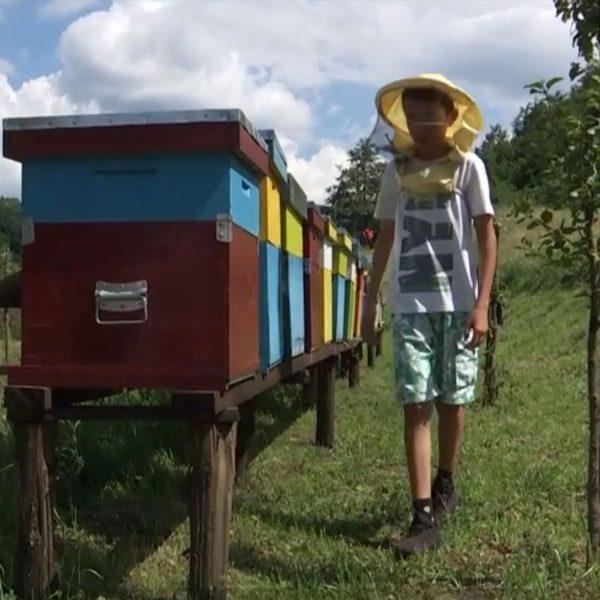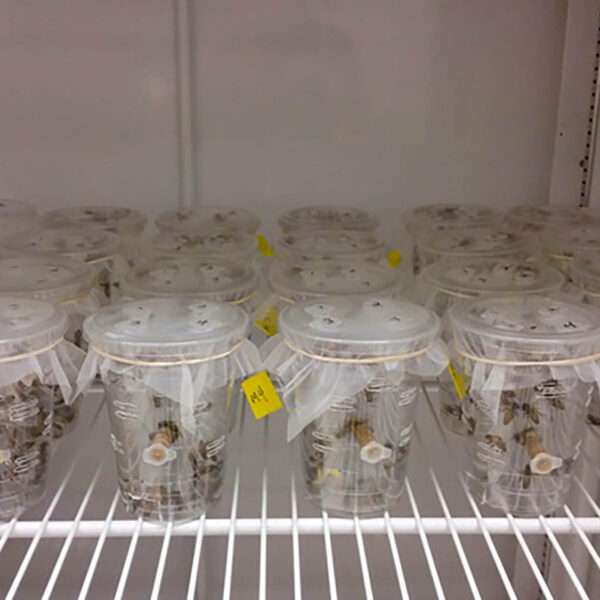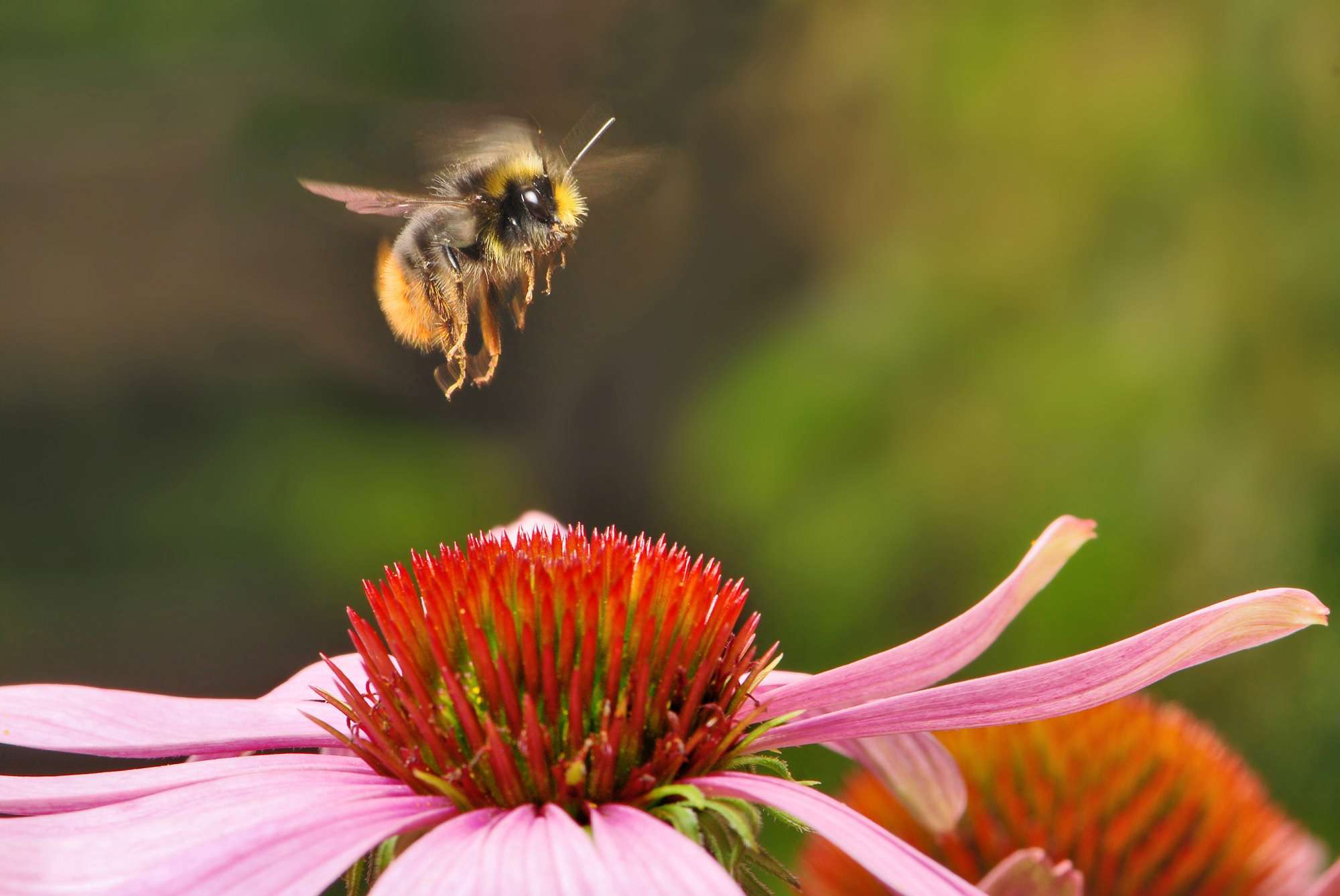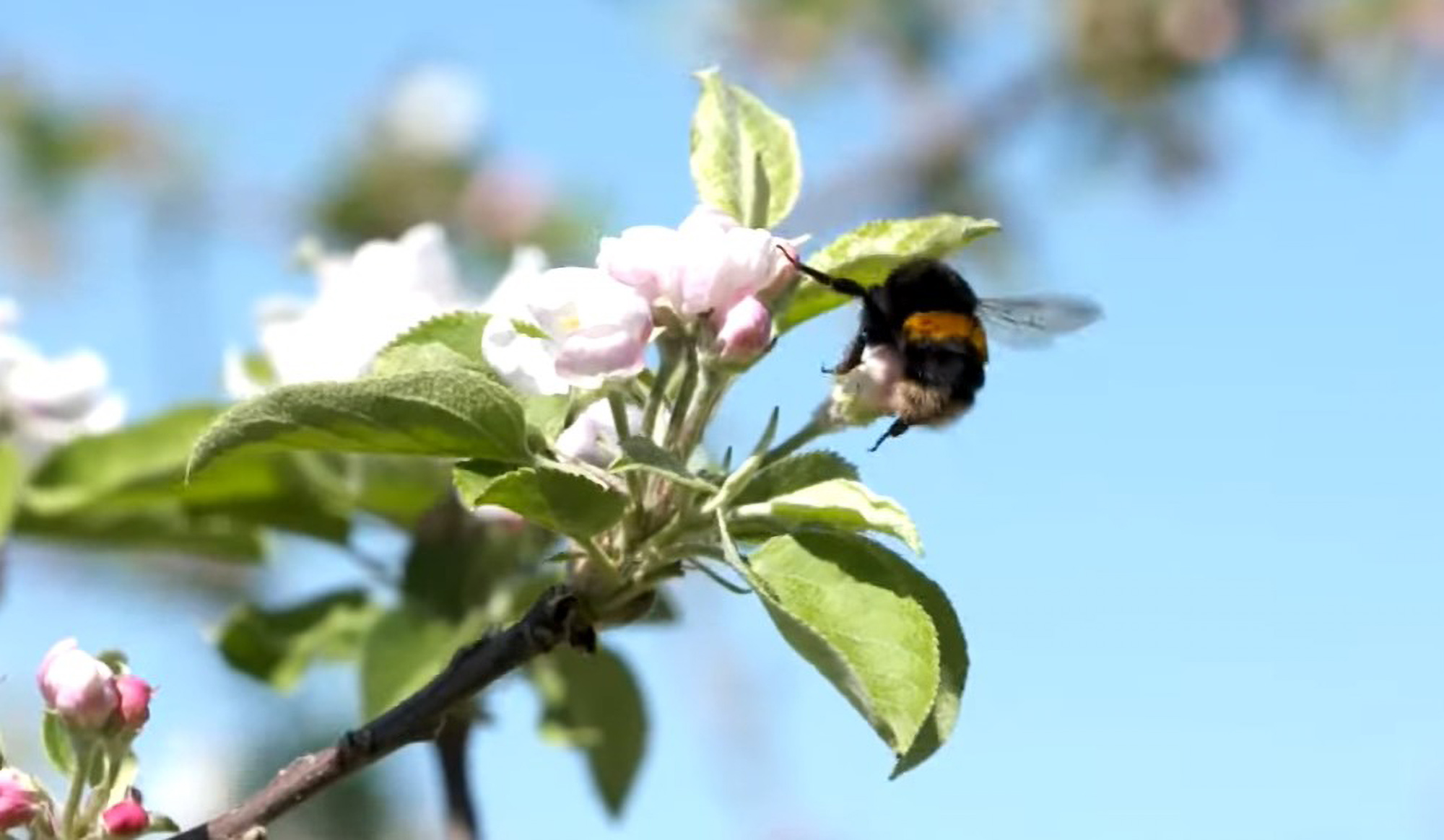Almost all new building projects across Austria are built on fertile land, environmentalists have warned.
Non-government organisation Greenpeace has warned that 95 per cent of all these activities were taking place in areas which could have been cultivated to provide residents with food.
The activists deplore that Austria would become more dependent on foreign producers. This development does not just increase the pressure on agricultural enterprises across Austria, it also worsens the situation of endangered insects such as solitary pollinators.
Solitary bees such as leafcutter bees and mason bees are an essential part of local ecosystems due to their engaged pollination of flowers and plants.
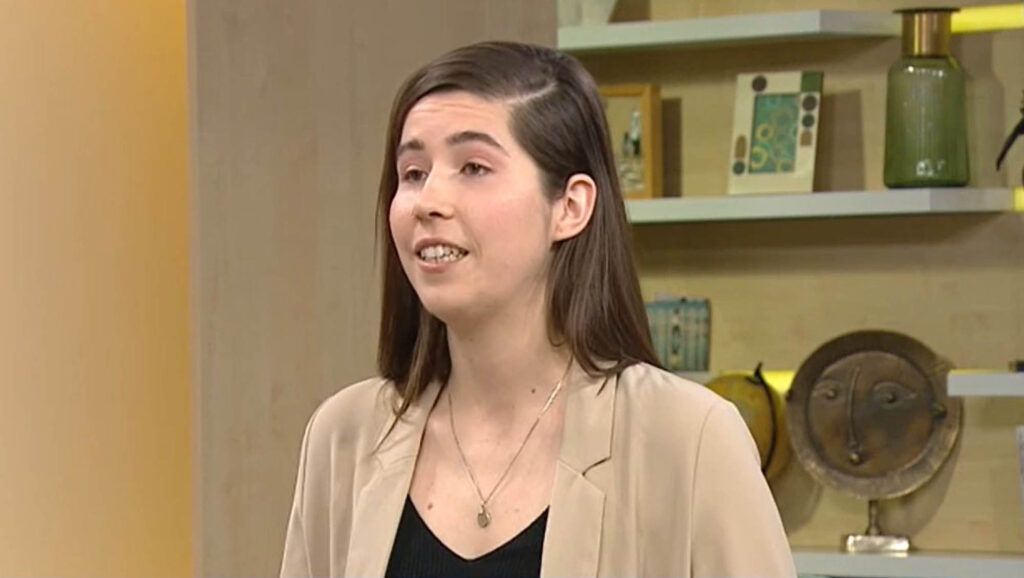
Vienna Natural History Museum (NHM) entomologist Dominique Zimmermann told NewsX, a news platform of which The Bee News community is a part: “In Austria, there are more than 700 species. The region of Lower Austria alone is home to more wild bees than Germany.”
Greenpeace agricultural affairs expert Melanie Ebner explained: “Our latest evaluations show that farming will be impossible in Carinthia and Salzburg if we continue to destroy nature at the same velocity.”
By the end of this year, 4,300 hectares of fertile land will be lost to the construction of homes, shops and factories, according to Greenpeace. This is the equivalent of 6,140 football pitches.
The organisation emphasised that more than 1.5 million people could have been provided with agricultural products from the vast areas lost to construction projects in the past 36 years.
Speaking to the Kronen Zeitung newspaper, Hail Insurance Austria chief Kurt Weinberger said: “Majors pride themselves with setting up some industrial estate or another grey block of flats on arable land.”
Biologist Dominik Linhard from the Austrian environment NGO Global 2000 told NewsX: “Austria is taking a leading position when it comes to the sealing of soils. The politicians in charge are currently incapable of reaching the targets they have set themselves.”
According to Dominik, around 12 hectares of land – which is the equivalent of 17 football pitches – are sealed across the country each day.
He explained: “The government wanted to lower this rate to 2,5 hectares, so it’s miles off the mark.”
The European Union’s European Environment Agency (EEA) warned last year that the sealing of soil “puts biodiversity at risk, increases the risk of flooding and water scarcity and contributes to global warming.”

